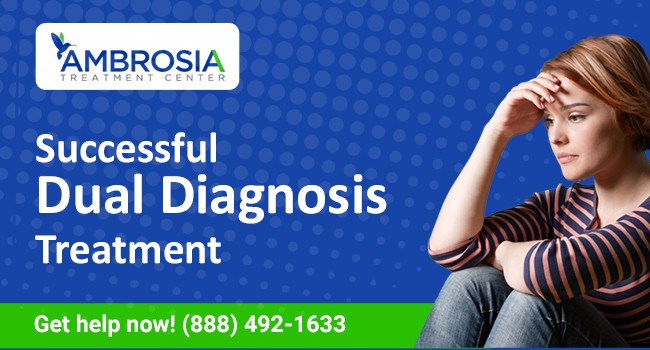
Studies have found a high rate of individuals struggle with both mental illness and substance abuse simultaneously, referred to as dual diagnosis.
Finding the right treatment options for managing both is key to starting a successful recovery. Treatment options vary for each individual depending upon the specific type of mental illness and substance abuse.
Proper Evaluation & Diagnosis
Properly diagnosing the mental illness and substance abuse lies at the core of the process. Doctors utilizing a comprehensive assessment including psychological, emotional, cognitive and psychiatric evaluations will be able to better collect the necessary information before pinpointing treatment options. Many screening tools are available for professionals to obtain adequate data.
These structured tools can include written or verbal questionnaires, quizzes that test mental status, computer interactive games that assess cognitive abilities, face-to-face interviews in private settings, and other evaluative methods that have been established based on substantial evidence of effectiveness.
Challenges in Diagnosis
Accurate diagnoses of mental disorders and substance abuse typically extends beyond standardized testing. Doctors approaching the diagnosis solely based on questionnaires, tests, and interviews may not always come up with a clear text-book defined diagnosis.
Variables might be present that need further assessment. Doctors with a holistic approach, carefully taking into account the individual’s social, environmental, behavioral, physical and relationship factors will be able to gather additional useful information to aid in successful treatment options.

Treatment Methods
Finding effective dual diagnosis treatment, without undesirable side effects, is the priority and goal of doctors and patients alike. The availability and efficacy of pharmaceutical, psychosocial, and therapeutic treatments vary widely.
Commonly used medications for mental illnesses, like anxiety, depression, schizophrenia, bipolar disorder and PTSD carry well established side effects that can lead to unpleasant conditions for patients. Weighing the pros and cons, and being fully aware of possible risks involved, is imperative to creating a successful treatment plan.
The good news is, effective treatments are available for both mental illness and substance abuse. Establishing what works best for each client may take trial and error before finding success.
Conclusion
Individuals with mental illness and substance abuse can rest assured that help is available. Proper evaluation via structured tools, assessments and holistic approaches will assist in finding promising treatment options.
Being well educated on the pros and cons of various medications and treatment options may prevent undesirable outcomes. Our specialists are in the field of dual diagnosis treatment and are well known for promising results.





